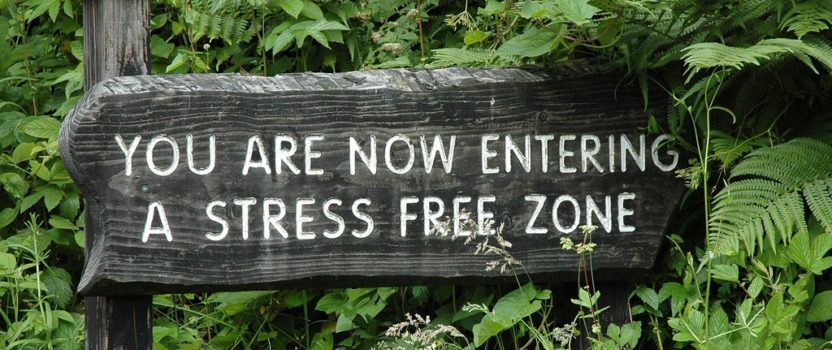Stress Survival Strategies
Most of us live with constant stress. We’re overworked, under-nourished, exposed to environmental toxins and often under considerable emotional pressure. It’s essential to deal with it effectively before it has a negative effect on our health, not our enjoyment of life – as stress is at the heart of most diseases that face us today.
Here are a few simple nutrition tips to help your body cope better with daily challenges, protect your immunity and help you get the make your life as stress-free as possible.
Get off to a good start
Drink warm lemon water first thing in the morning. It hydrates your body and starts you off on the right foot. Make time for a balanced breakfast packed with slow release energy and immune-boosting antioxidants. Good choices are granola with soy yogurt and fruit, porridge with nuts and seeds or a big green smoothie with a whole grain cracker and almond butter.
Boost those B vitamins
B complex vitamins are vital for energy production as well as for the detoxification of alcohol. They’re needed for proper nerve function and to alieve depression and anxiety. A heavy night out depletes them. Good sources are nuts, seeds, legumes, green leafy vegetables and whole grains.
Eat more tryptophan-containing foods
Tryptophan is an essential amino acid. We need it to make serotonin – the feel-good hormone – which is vital to protect against depression and keep our appetite under control. Fish, poultry, eggs, beans, tofu, eggs and brown rice are all good sources.
Make sure you get enough Vitamin D
A lack of this important vitamin is implicated in poor immune function and in depression. Since 90% of our vitamin D intake is produced when sunlight touches our skin, the winter months are when deficiencies of this vital nutrient typically develop – as shorter days and colder temperatures usually mean less time spent outside. But even in the summer months it’s important to get sensible sun exposure when possible and take a vitamin D supplement if for any reason we can’t get outdoors as much as we’d like.
Alcohol
As a nutritionist, drinking alcohol is not something I can recommend. There’s no doubt that alcohol is toxic to the human body – made worse because for it to be cleared from the body it must be metabolised to acetaldehyde, an even more toxic substance. Having said that, alcohol can help relaxation if you drink in moderate amounts. Be sure to compensate by drinking lots of water before, during and after.
Up the Vitamin C
Eating foods rich in vitamin C can reduce both physical and psychological effects of stress by curbing cortisol levels – the hormone responsible for the fight or flight response. All fruit and vegetables, but especially citrus, kiwis and peppers are good sources. Cooking and exposure to light destroy this delicate antioxidant – so raw or lightly steamed veggies are best.
Watch the sweets
We all know about the negative effects of sugar – empty calories that can lead to hormonal imbalances and weight gain. You probably know that artificial sweeteners are just as bad. They’re filled with potentially harmful chemicals, have no nutrients and trigger more sugar cravings. Natural sweeteners that are marketed as “healthier” alternatives, such as honey, maple syrup, agave, coconut sugar, stevia are still SUGAR (except for stevia). What differentiates them is primarily their glycemic index (GI) and the effect they have on your blood sugar, as well as the added nutrients that can partly offset the negatives of the sugar. I recommend raw honey, maple syrup and coconut palm sugar.
So next time life has you feeling stressed, irritable or low (or all the above) give a thought to what you have – or haven’t, been eating. And remember – the choice is yours.


Leave a Reply
Your email is safe with us.
You must be logged in to post a comment.